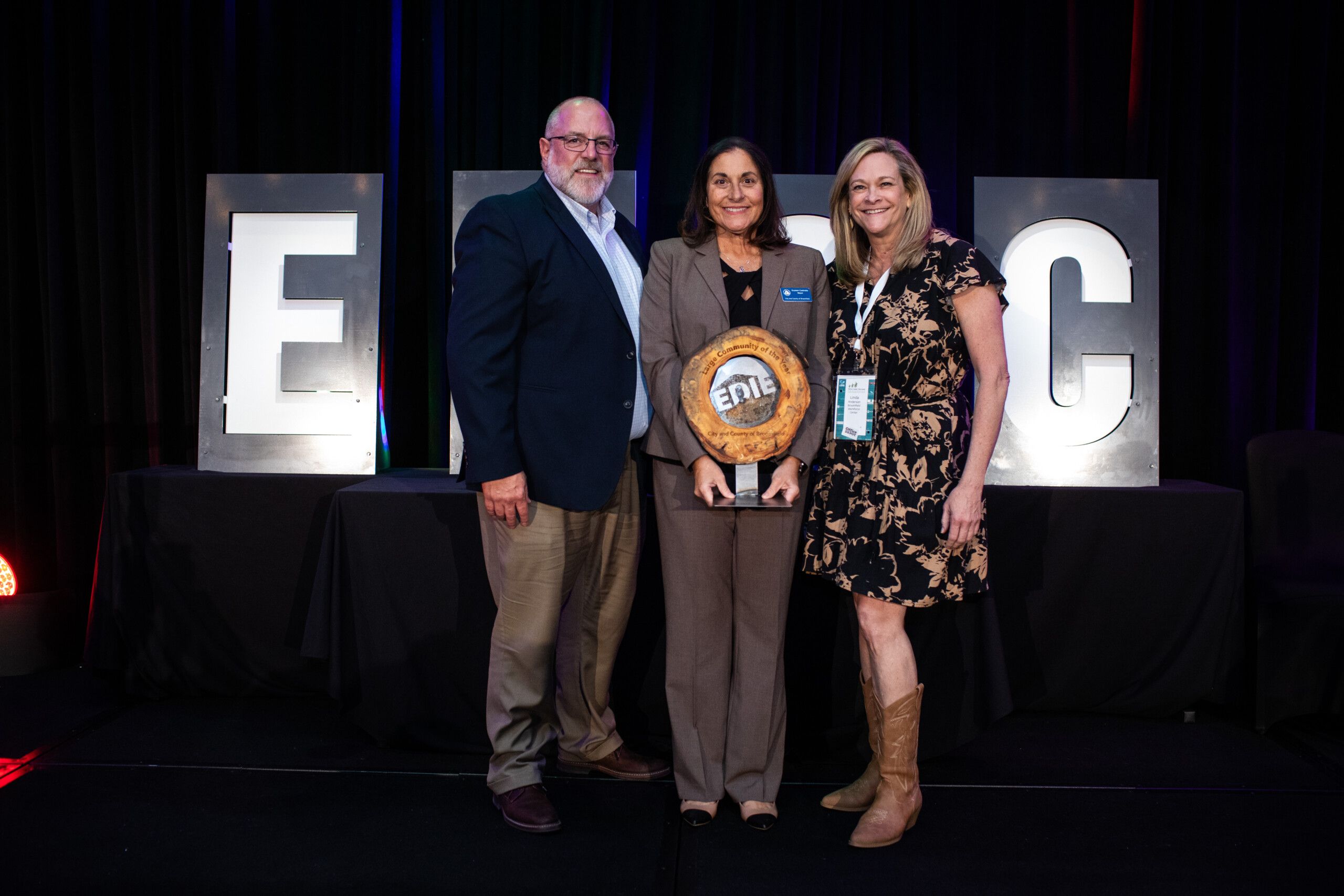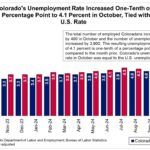Commentary: Elder & Peterson: Construction industry needs partnership with government
The construction industry in Northern Colorado is the fifth-largest employer, representing thousands of your friends, family and neighbors. The industry provides primary jobs that are essential to the economy. Fortunately, during the past few months, construction has continued moving forward. However, history tells us there is a lag in the economic impact for our industry when the economy slows. This situation is different; while usually it is a slow burn, the economic impacts of COVID-19 have been a wildfire; we know it is coming, and now is the time for local governments to take action to help us all recover more quickly.
Those of us in the construction industry know there will be a slowing. We also know we can lessen the impact by working closely in our communities to keep the wheels spinning. Over the years, especially the last decade, we have seen the creeping incrementalism and complexity of regulations adding to the overall cost and time to get projects moving. Our goal is always public health and safety, and we believe we can achieve that goal with fewer regulations and burdens placed on construction.
We would like to start a dialogue with local elected officials to discuss the following: Balancing budget cuts with regulation reform and keeping the same level of service. While budget cuts are being seen across the board in some cities, keeping the development departments fully functional to ensure that projects stay on schedule will be critical. This can also be achieved by looking at the layers of regulation and what is really not needed, creating undue burdens for both the cities and the applicants. Enforcing the layers of regulation that have been placed on our industry in local governments has to be expensive. We have to partner with local governments to truly identify what makes sense and what doesn’t. Now is not the time to keep the status quo.
SPONSORED CONTENT
We believe the following simple steps could be a starting point:
* Streamline local regulation and project approval processes in order to facilitate the startup and execution of both public and private projects.
* Encourage municipalities to seek simplicity and/or set up a structure providing a developer a single point of contract or liaison to help navigate the complexities created. Many projects have to navigate contradicting city, county, state and even federal requirements during the approval process. Having the single point of contact to ensure that the process is smooth would be vital. Many times, planning and engineering departments do not communicate internally, which can tend to cause project delays, ensuring we know who to go to and getting the same answers every time is key.
* Lastly, don’t be too quick in tabling upcoming capital-Improvement projects. Seek out creative ways to keep these projects funded and going. (i.e. – public private partnerships, grants etc.). Capital-improvement projects are one of the best ways local governments can help stimulate the local economy.
Washington may figure out additional aid and resources to help local communities, and local governments need to be ready to capitalize on those funds by having projects on the table, ready to go.
Now is the time to take action to ensure that the construction industry can continue to contribute to the Northern Colorado economy in a meaningful way. We as an industry want to come to the table with local governments to ensure that we are partnering in every way possible to keep good-paying jobs in Northern Colorado and continue to stimulate the economy.
We think that through NoCo Strong for Business, a regional task force should be created to highlight a list of best practices to benefit communities and have a regional conversation on how local governments can support our industry and others in the meantime. We know having the conversations and thinking about the coming economic impacts now will help our region in the coming years. We look forward to the conversation.
Brian Peterson is chairman of the board of ECI Site Construction Management, which he founded in 1980 as a one-man landscape contractor. Patrick Elder is vice president of Elder Construction. Elder Construction was founded in 1994 and Patrick Elder opened the Northern Colorado office in 2009. They wrote this column on behalf of NoCo Strong for Business, a group that brings local government officials together to discuss ideas for how they can support businesses, now and in the future.
The construction industry in Northern Colorado is the fifth-largest employer, representing thousands of your friends, family and neighbors. The industry provides primary jobs that are essential to the economy. Fortunately, during the past few months, construction has continued moving forward. However, history tells us there is a lag in the economic impact for our industry when the economy slows. This situation is different; while usually it is a slow burn, the economic impacts of COVID-19 have been a wildfire; we know it is coming, and now is the time for local governments to take action to help us…





